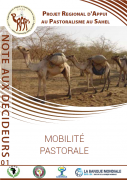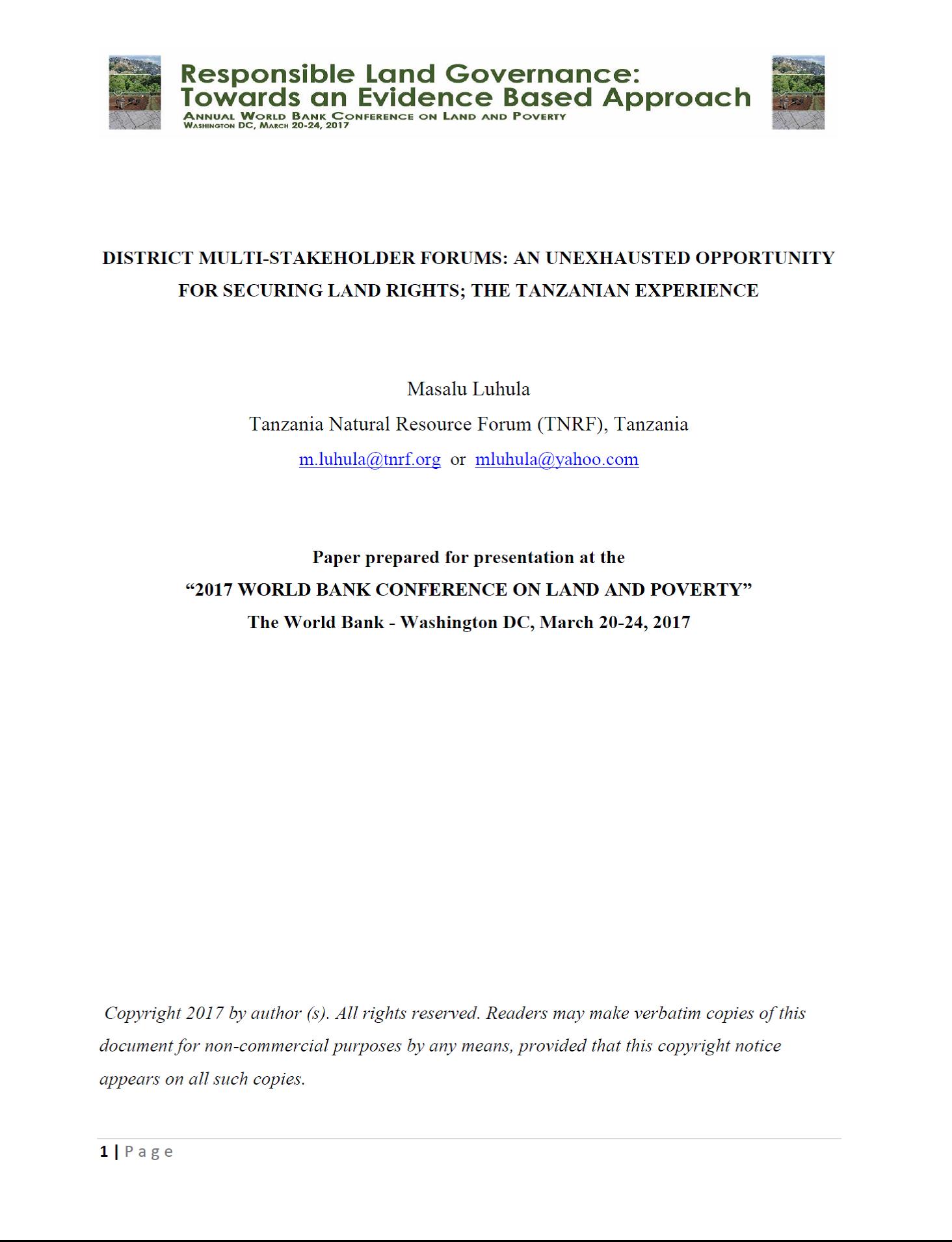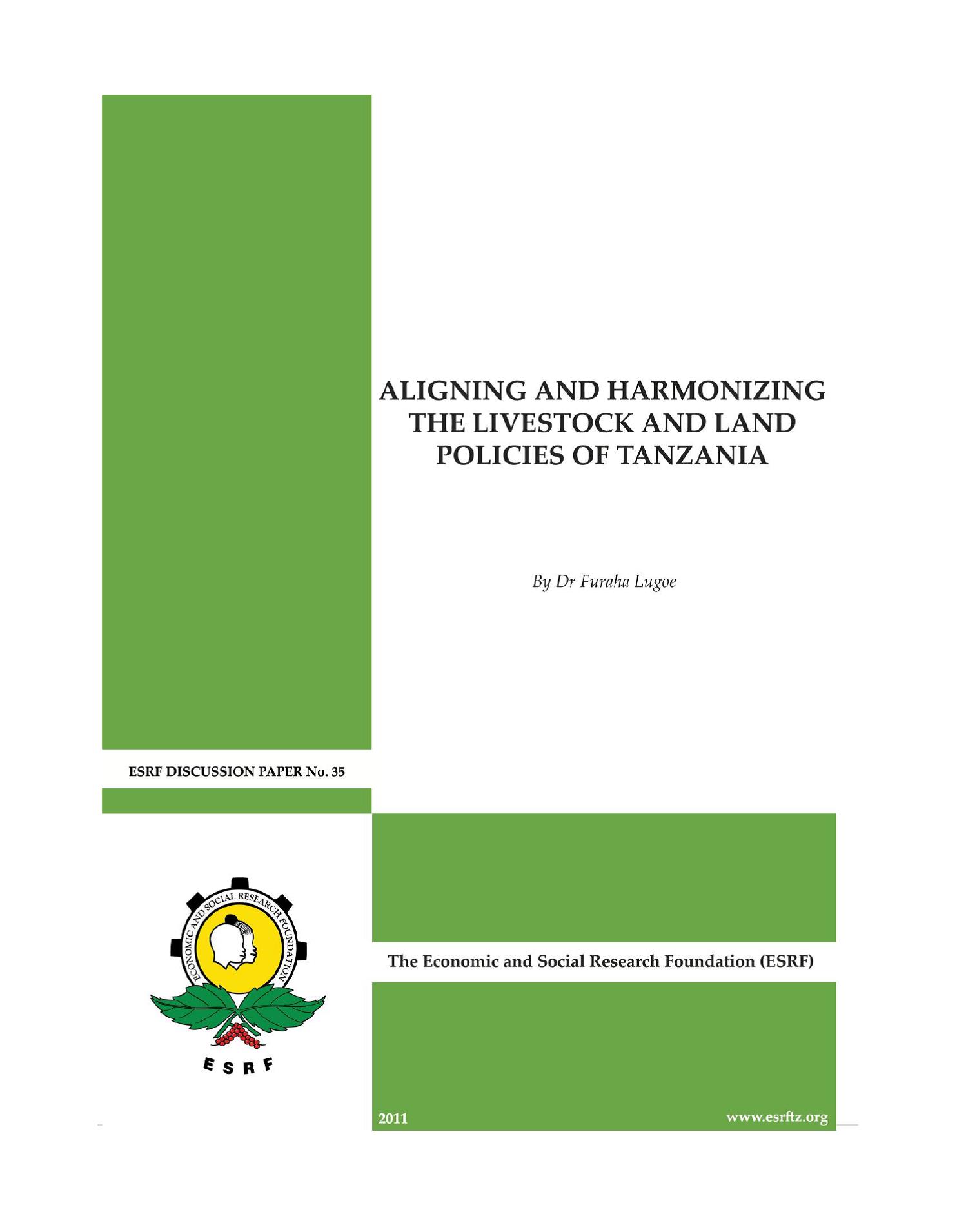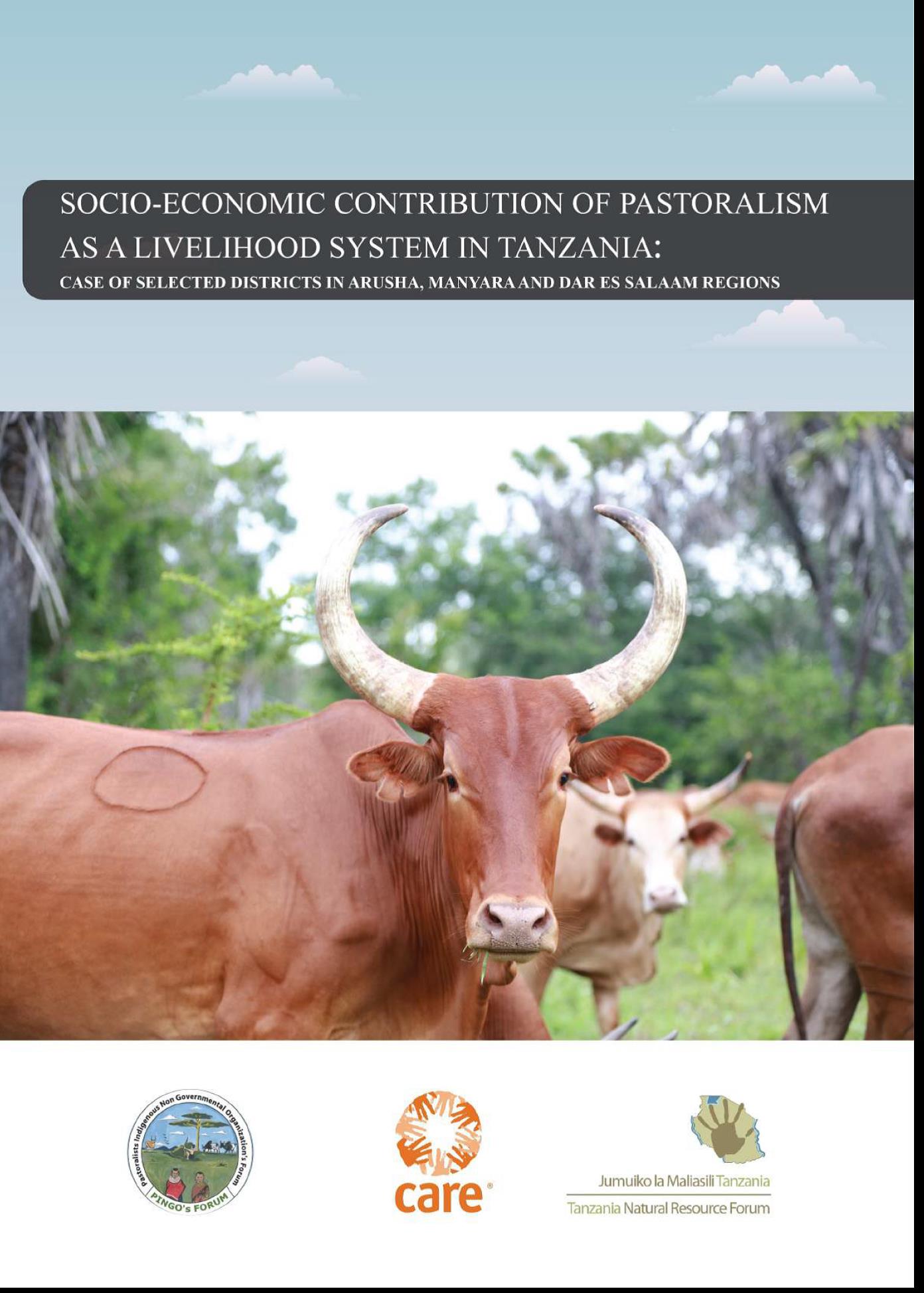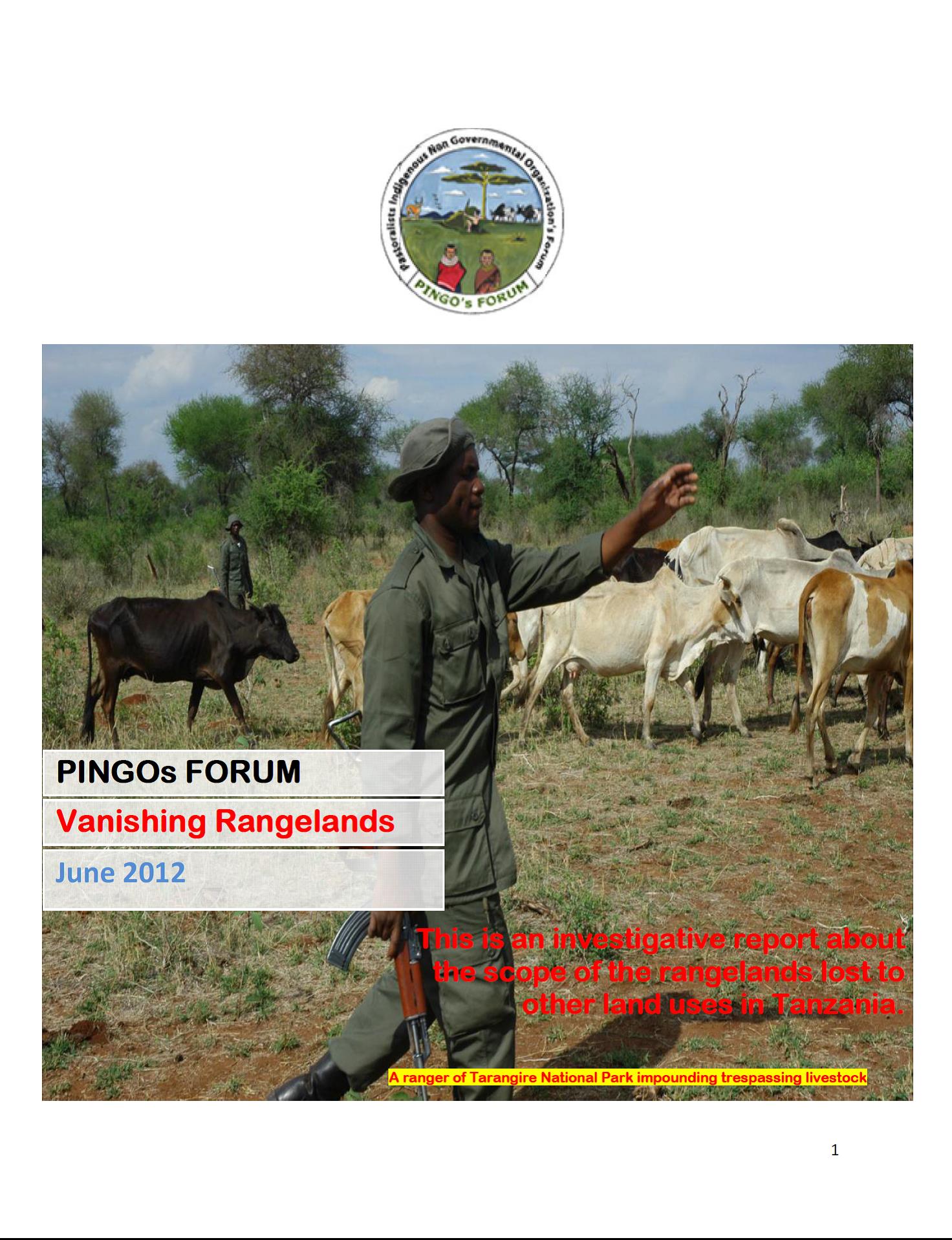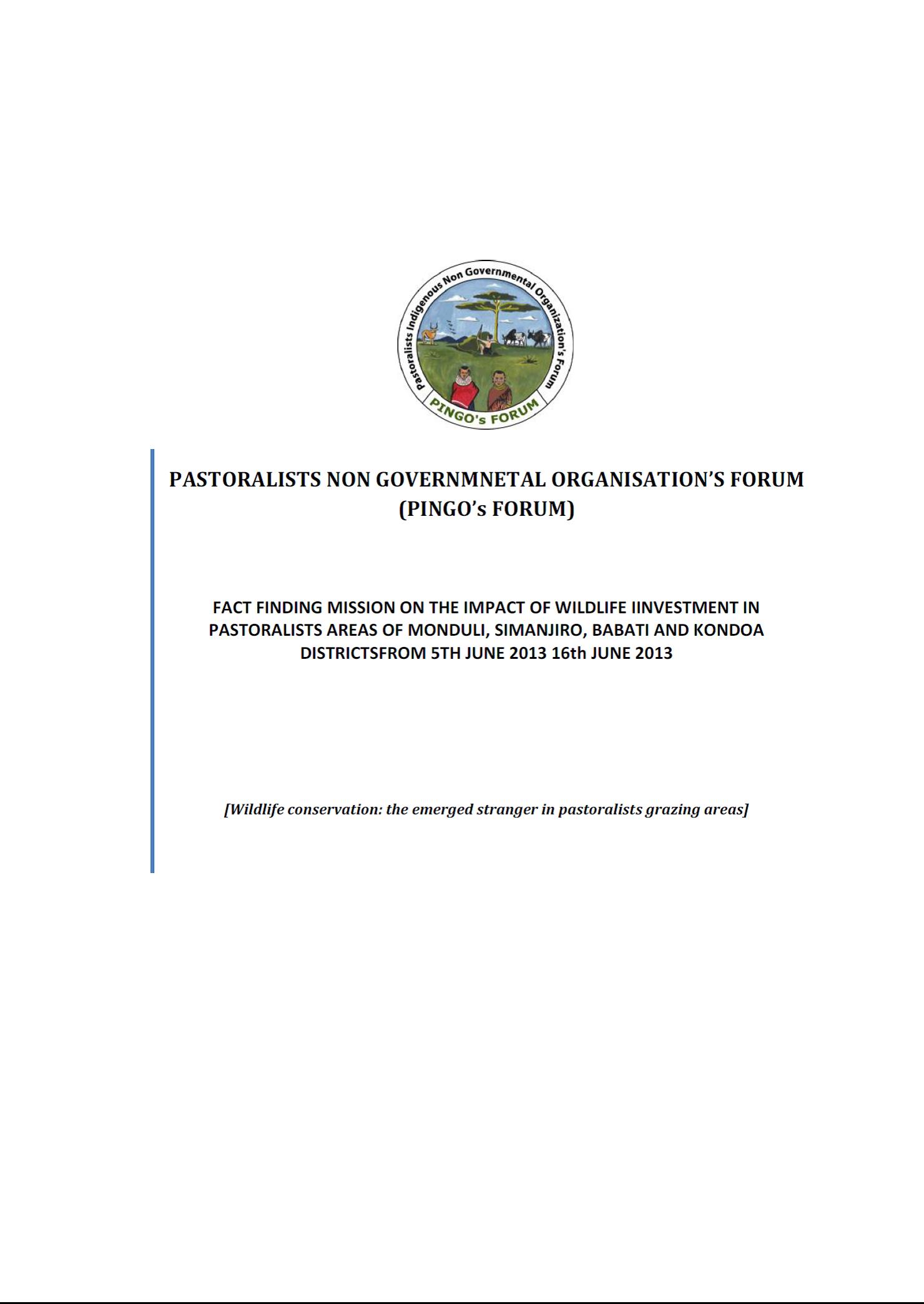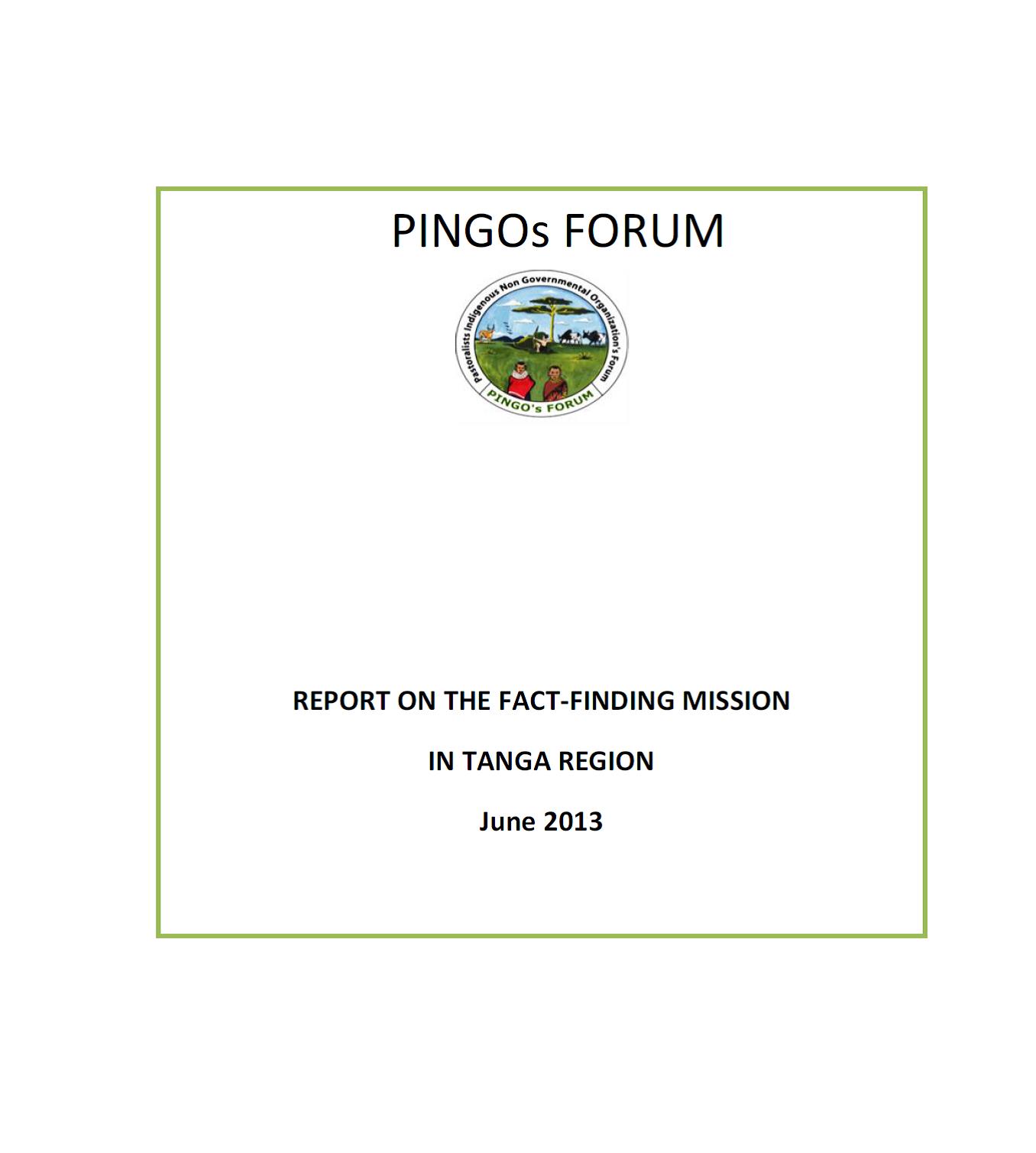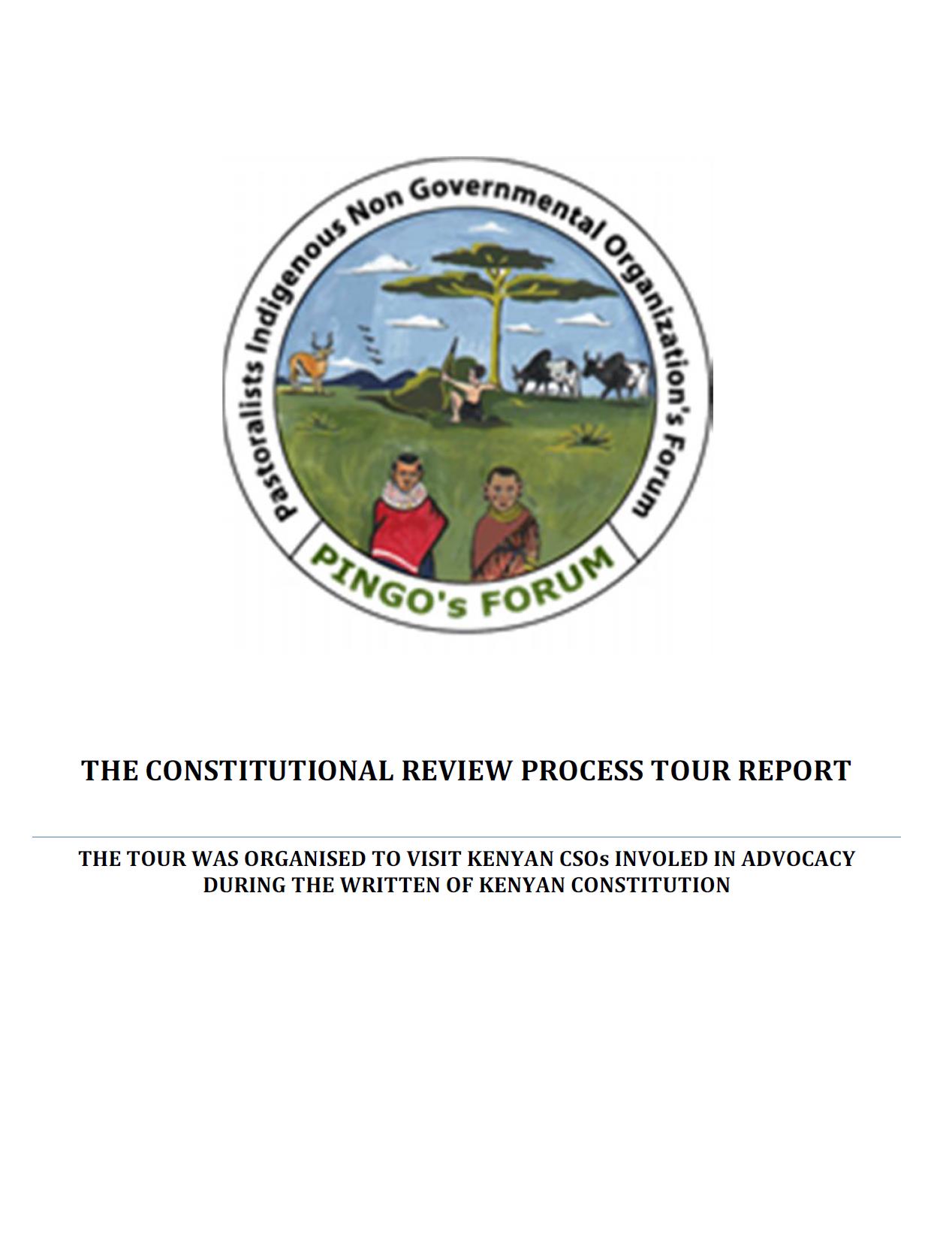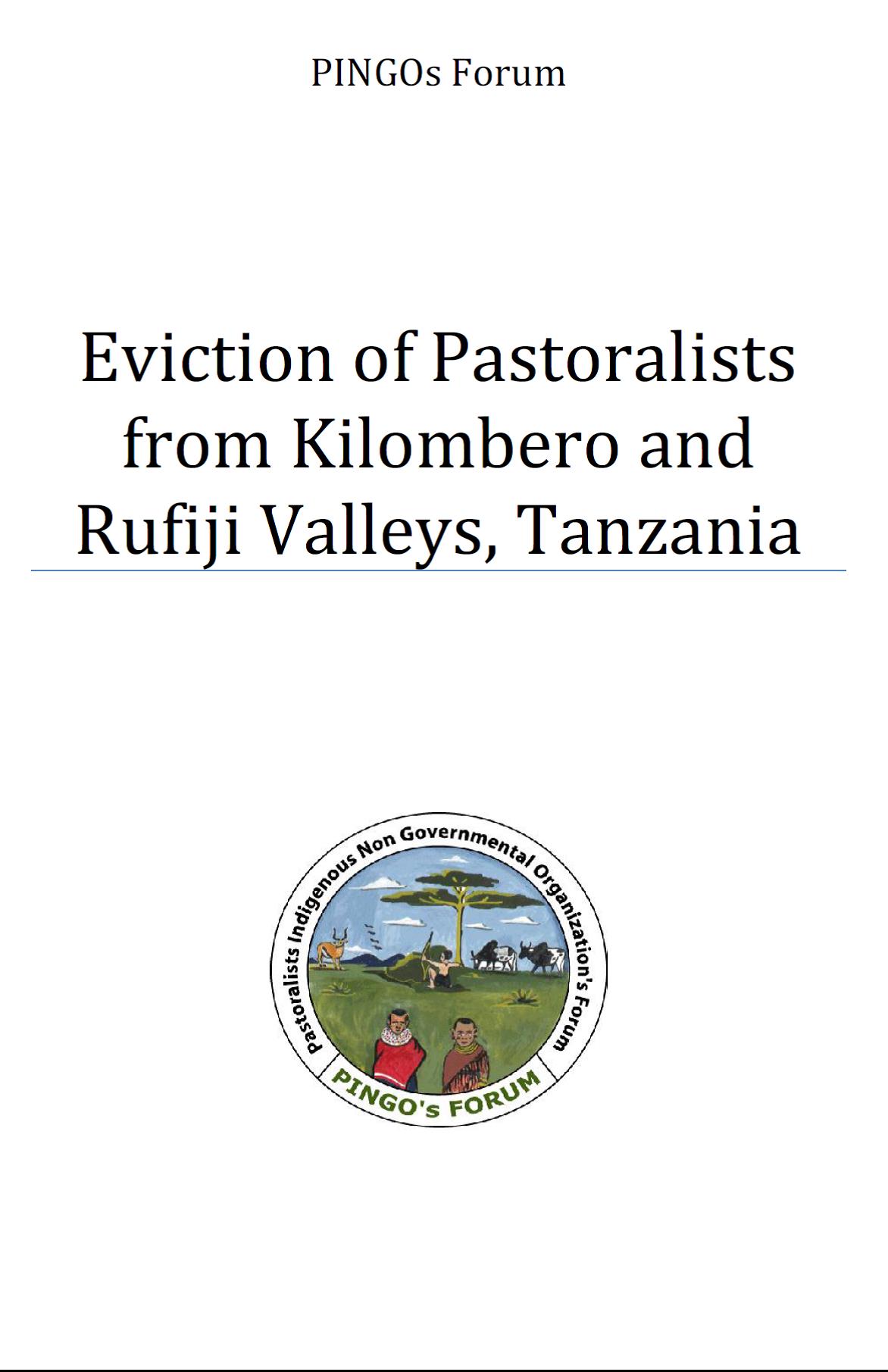Grupo Centurión: el acceso a la tierra en el noreste ganadero del Uruguay
El caso del Grupo Centurión hace referencia al acceso colectivo de ocho asalariados rurales y pequeños productores rurales a un campo ganadero en régimen de pastoreo en la frontera noreste de Uruguay con Brasil, a través del Instituto Nacional de Colonización (INC).


